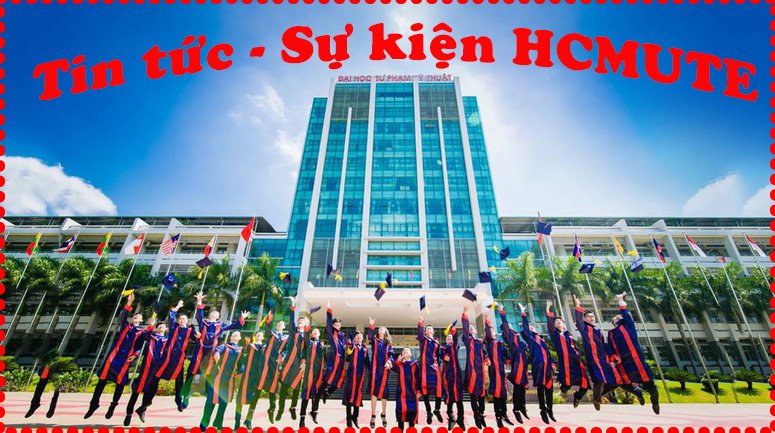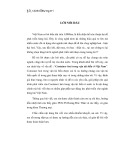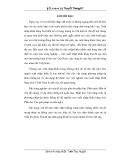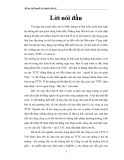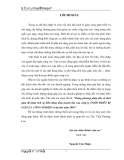Tài liệu Thư viện số
- Giáo trình SPKT (417 )
- Luận văn, luận án (2865 )
- Đồ án, khóa luận tốt nghiệp (9592 )
- Tài liệu tham khảo (1350 )
- BC nghiên cứu khoa học (1589 )
- Kỷ yếu hội thảo (12 )
- Tạp chí khoa học (62 )
- Luật (349 )
- Cơ khí chế tạo máy (2344 )
- Điện - Điện tử (4378 )
- Cơ khí động lực (1242 )
- Xây dựng - Kiến trúc (3233 )
- Thực phẩm, Môi trường (1087 )
- Công nghệ thông tin (3074 )
- Kinh tế - Quản lý (4140 )
- In - Truyền thông (383 )
- CN May - thời trang (832 )
- Nghệ thuật - Ẩm thực (1516 )
- Nông - Lâm - Ngư Nghiệp (763 )
- Y học - Sức khỏe (620 )
- Khoa học xã hội (3535 )
- Lịch sử - Địa lý - Du lịch (492 )
- Khoa học tự nhiên (2112 )
- Văn học (2585 )
- Ngôn ngữ (4289 )
- Khoa học ứng dụng (408 )
- Thông tin Tuyển sinh (61 )
- Thông tin -Thư viện (418 )
- Thể loại khác (1376 )
Danh mục TaiLieu.VN
- Mẫu Slide Powerpoint
- Kinh Doanh Marketing (39320)
- Kinh Tế - Quản Lý (30571)
- Biểu Mẫu - Văn Bản (123435)
- Tài Chính - Ngân Hàng (23744)
- Công Nghệ Thông Tin (56521)
- Tiếng Anh - Ngoại Ngữ (9738)
- Kỹ Thuật - Công Nghệ (44193)
- Khoa Học Tự Nhiên (27343)
- Khoa Học Xã Hội (43227)
- Luật - Kinh tế luật (6560)
- Văn Hoá - Thể thao - Du Lịch (71283)
- Y - Dược - Sức Khoẻ (83234)
- Nông - Lâm - Thuỷ sản (16418)
- Luận Văn - Báo Cáo (217024)
- Tài Liệu Phổ Thông (244133)
- Trắc Nghiệm Online (213578)
- Trắc Nghiệm MBTI
- Trắc Nghiệm Holland
Total Quality Management (TQM): Stress and Human Performance
Total Quality Management (TQM) is viewed as the continuous improvement of work processes to enhance an organization's ability to deliver high quality products/services in a cost-effective manner. It typically involves a number of interventions - such as the identification of customer requirements, cross functional teams, a selection of suppliers based on quality, and the use of a variety of technical (scientific) methods - to enhance analysis and process management methods. TQM also involves a multiple stakeholder philosophy which values the community, customers, and employees equally. Implicit in this philosophy are the values of teamwork and collaboration. TQM programs had their origins in US companies in the 1980s, in response to the competitive onslaught of Japanese companies in the automobile and electronics industries. Companies in many other industries quickly followed suit, as did the consulting firms hired to help companies adopt TQM. Organizational stress has become a crucial challenge for contemporary business undertakings, and there is adequate empirical evidence which indicates a strong correlation between organizational stress and TQM. There is little doubt that, when implemented properly, TQM can have a dramatic impact on the performance and culture of an organization. This book examines TQM and its effect on human performance.
Bạn đang xem trang mẫu tài liệu này.

